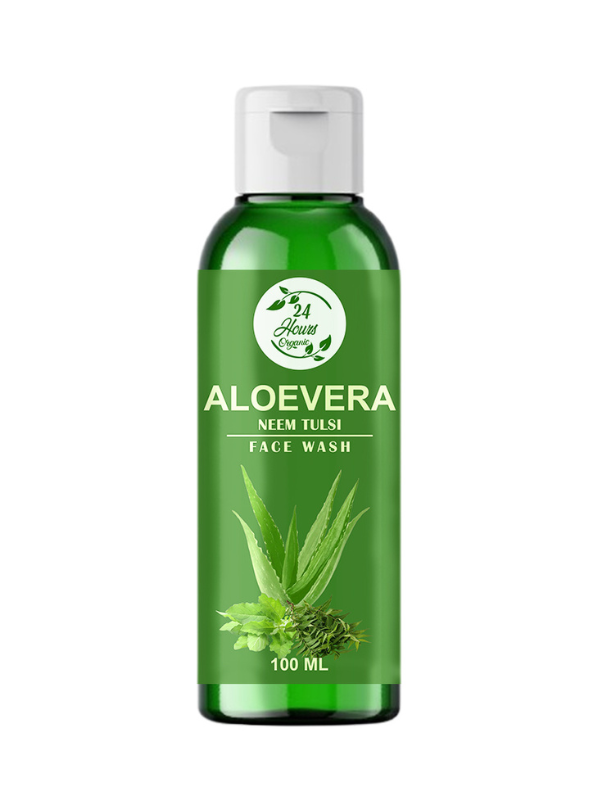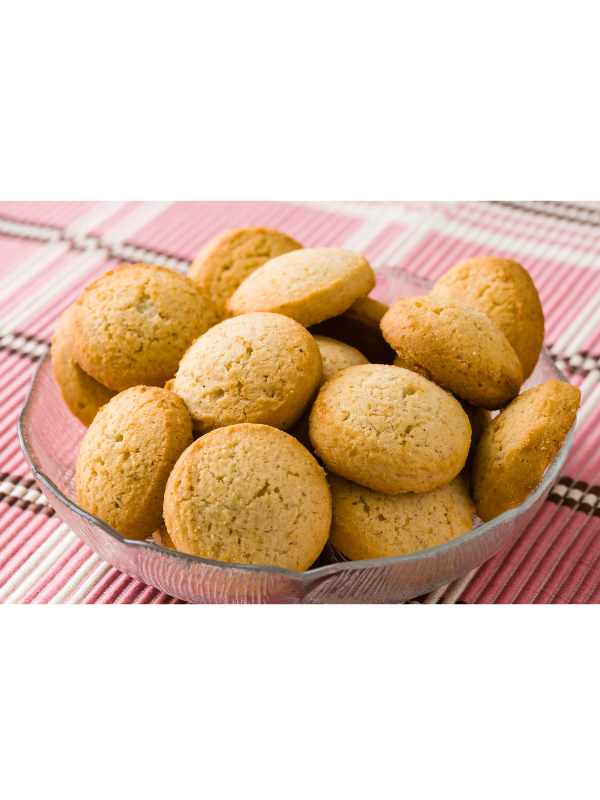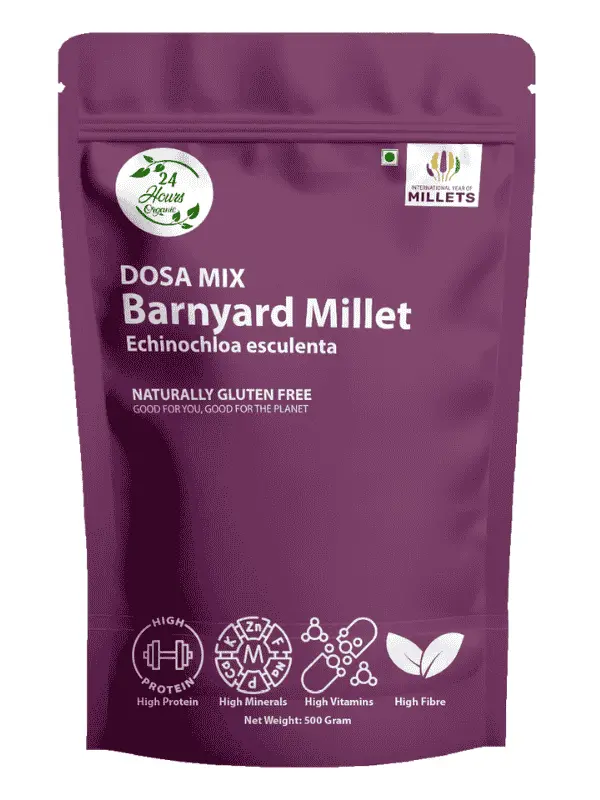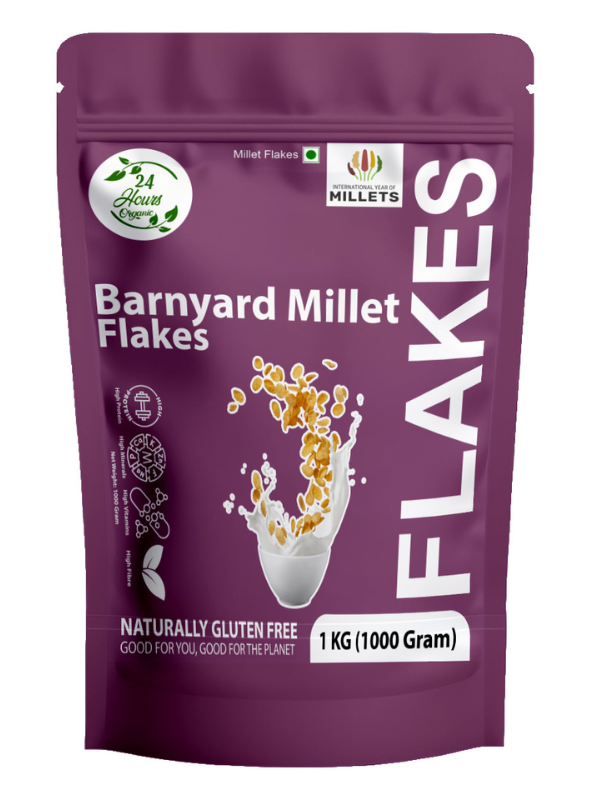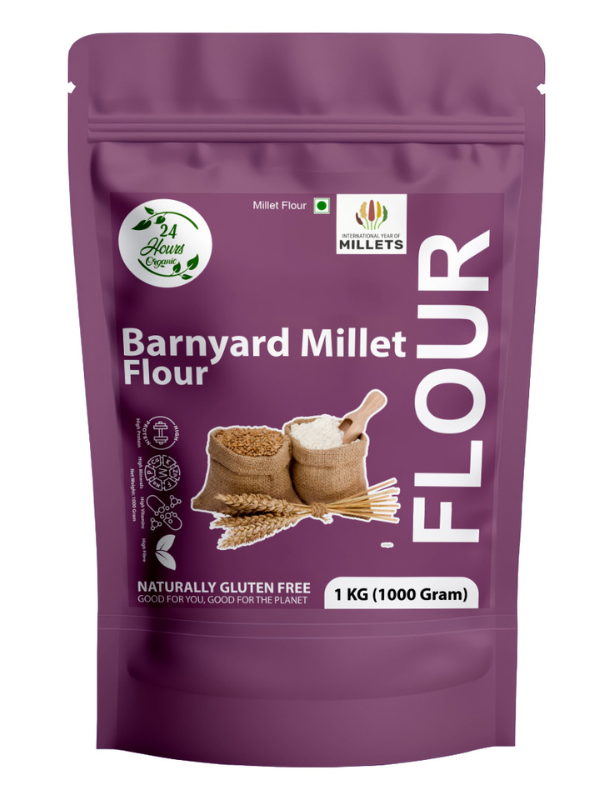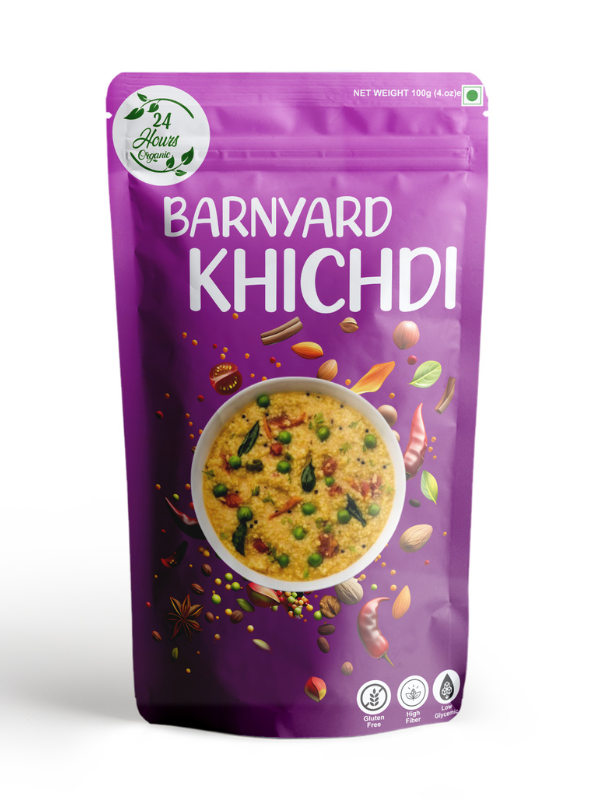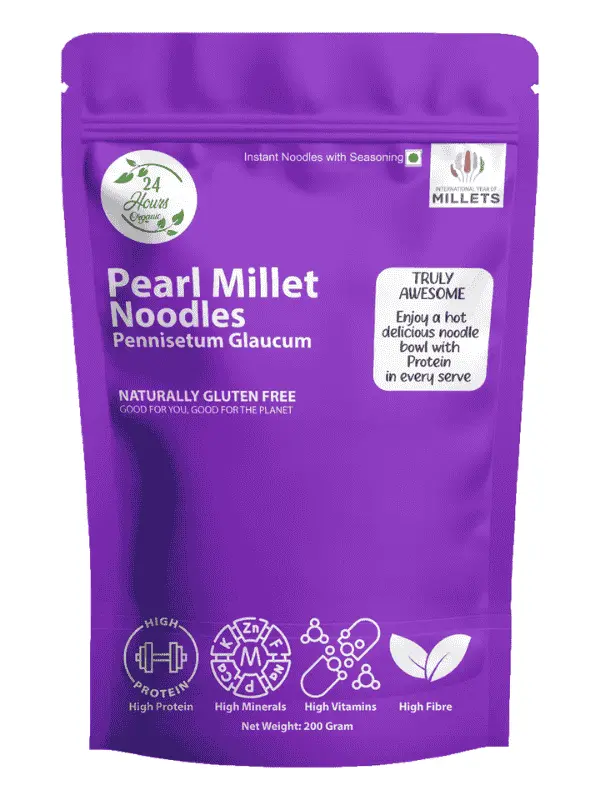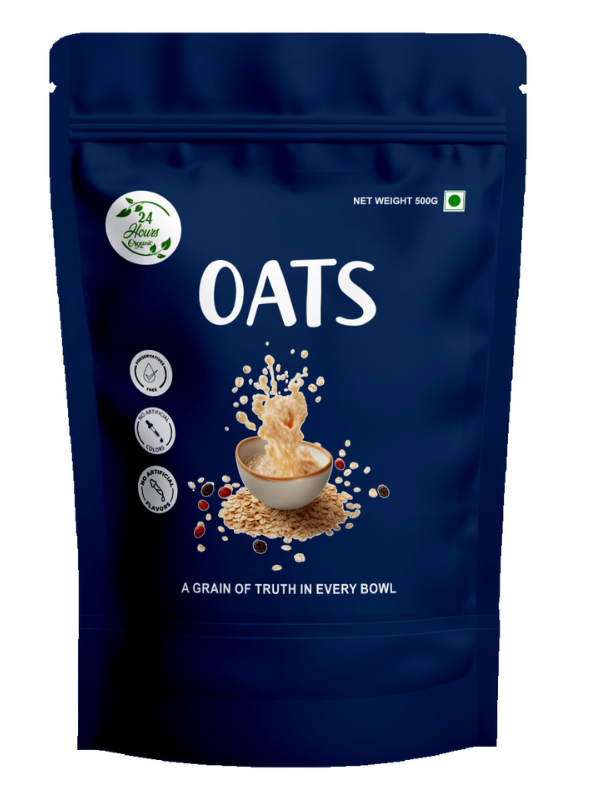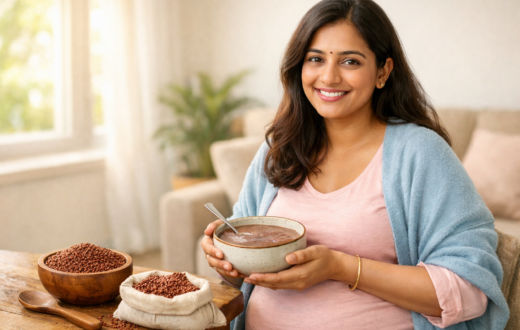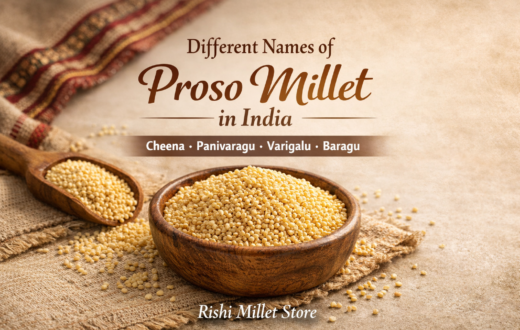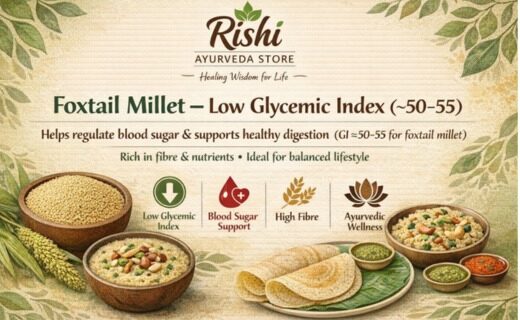Is It Safe to Eat Millets During Pregnancy?
Whether you’re already pregnant or planning to be, it’s important to be mindful of what you eat. Among the many healthy food options available today, millets have made a strong comeback in the diet world. But a common question arises — “Are millets safe to eat during pregnancy?”
Let’s explore their benefits, risks, and the right way to include them in a pregnancy diet.
What Are Millets and Why Are They Becoming Popular?
Millets are small-seeded ancient grains that are naturally gluten-free, rich in nutrients, and easy to digest. Once called “poor man’s food,” they are now trending as superfoods due to their high fiber, protein, and mineral content.
Some common types of millets include ragi (finger millet), bajra (pearl millet), jowar (sorghum), foxtail millet, and little millet.
Nutritional Value of Millets
Millets are packed with pregnancy-supporting nutrients such as:\
| Nutrient | Role During Pregnancy |
| Iron | Prevents anemia & supports fetal development |
| Calcium | Strengthens bones and teeth of mother & baby |
| Protein | Helps in body tissue and muscle formation |
| Dietary Fiber | Prevents constipation and supports gut health |
| Magnesium & Zinc | Boosts immunity and metabolism |
Compared to polished rice or wheat, millets provide higher fiber and more minerals, making them a healthier alternative.
Are Millets Safe to Eat During Pregnancy?
Yes, millets are generally safe and healthy during pregnancy — when eaten in the correct quantity and prepared correctly. Nutritionists often recommend millets as part of a balanced meal plan because they help maintain energy, stabilize blood sugar, and support overall health.
As with any food, moderation is key when it comes to millets. It’s important to consume them in the right quantity to reap their benefits without overloading your system.
Benefits of Eating Millets During Pregnancy
- Supports digestion & prevents constipation
- Helps control blood sugar levels — suitable for gestational diabetes
- Rich in iron — reduces the risk of pregnancy anemia
- Provides long-lasting energy due to slow-release carbs
- Strengthens bones — thanks to calcium & magnesium
- Improves fetal growth due to high protein content
Possible Risks or Concerns
Some millets (especially bajra, foxtail, and proso) contain goitrogens, which may affect thyroid function if eaten in excess.
Improperly cooked or unsoaked millets can sometimes cause gas or bloating. To avoid this, ensure you soak or sprout them before cooking. This can help reduce the anti-nutrients and make them easier to digest.Rare chances of food sensitivity or intolerance.
These issues can be avoided by soaking, sprouting, fermenting, or cooking millets well.
Best Millets to Eat During Pregnancy
| Millet Type | Benefit |
| Ragi (Finger Millet) | Excellent source of calcium & iron |
| Foxtail Millet | Good for blood sugar balance |
| Little Millet | Light, easy to digest |
| Bajra (Pearl Millet) | Rich in protein & fiber |
| Jowar (Sorghum) | Gluten-free and antioxidant-rich |
Millets to Consume in Moderation
| Millet | Reason |
| Proso Millet | Higher goitrogen content |
| Kodo Millet | May cause digestive discomfort if excess |
If you have thyroid issues, consult your doctor before eating millets daily.
How to Add Millets to a Pregnancy Diet
- Ragi porridge/malt
- Millet dosa, idli, or pancakes
- Millet vegetable khichdi or upma
- Millet roti or bhakri
- Millet poha or pulao
- Baked millet snacks or laddoos
Tip: Combine millets with veggies, pulses, and ghee for a more balanced meal.
Safe Millet Consumption Tips During Pregnancy
- Wash, soak, or sprout millets to reduce anti-nutrients
- Choose unpolished, organic millets
- Start with small portions (½–1 cup cooked millet per day)
- Do not replace all grains with millets — maintain variety
- Pair millets with protein sources like dal, curd, or nuts
When Should You Avoid or Limit Millets?
- If you have hypothyroidism or are on thyroid medication
- If you feel bloated or gassy after eating millets
- If the doctor/dietitian has advised against high-fiber foods
- If you have a food allergy or intolerance
Should You Consult a Doctor or a Dietitian?
Remember, every pregnancy is unique. Before making significant changes to your diet, it’s always best to seek advice from a healthcare professional or a qualified dietitian. Their guidance will ensure that your dietary choices are safe and beneficial for you and your baby.
Conclusion
Millets are a healthy, safe, and nutrient-rich food choice during pregnancy — as long as they are consumed in moderation and prepared correctly. They support digestion, energy levels, bone health, and fetal development.
FAQs About Eating Millets During Pregnancy
1. Are millets safe to eat during pregnancy?
Yes, millets are generally safe and healthy during pregnancy when eaten in moderation. They provide iron, calcium, fiber, and protein that support both mother and baby.
2. Which millet is best for pregnant women?
Ragi (finger millet) is considered the best due to its high calcium and iron content. Foxtail millet, little millet, and jowar are also good options.
3. Can I eat millets every day while pregnant?
Yes, but avoid replacing all grains with millets. A ½–1 cup serving per day is usually safe unless you have thyroid issues or digestive discomfort.
4. Are millets good for gestational diabetes?
Yes. Millets have a low glycemic index, which helps balance blood sugar levels and reduces sugar spikes — beneficial for gestational diabetes.
5. Can millets cause gas or bloating during pregnancy?
They can if eaten in large quantities or if not soaked/cooked well. Soaking, sprouting, or fermenting makes them easier to digest.
6. Should women with hypothyroidism avoid millets?
Some millets contain goitrogens that may affect thyroid function if eaten in excess. Women with hypothyroidism should consult a doctor before eating them daily.
7. Can I eat millet roti or dosa during pregnancy?
Yes, millet rotis, dosas, idlis, and porridges are safe and nutritious when cooked properly and combined with vegetables or protein sources.
8. Are millets safe in the first trimester?
Yes, millets are safe in all trimesters. However, during the first trimester, start with small portions to avoid digestive issues.
9. Can I eat sprouted or fermented millets?
Yes, sprouting or fermenting reduces anti-nutrients and makes millets easier to digest — a better option for pregnancy.
10. Do I need a doctor’s approval before eating millets?
Not always, but if you have thyroid problems, food allergies, or a medical condition, it’s best to consult your gynecologist or dietitian.Is It Safe to Eat Millets During Pregnancy?

